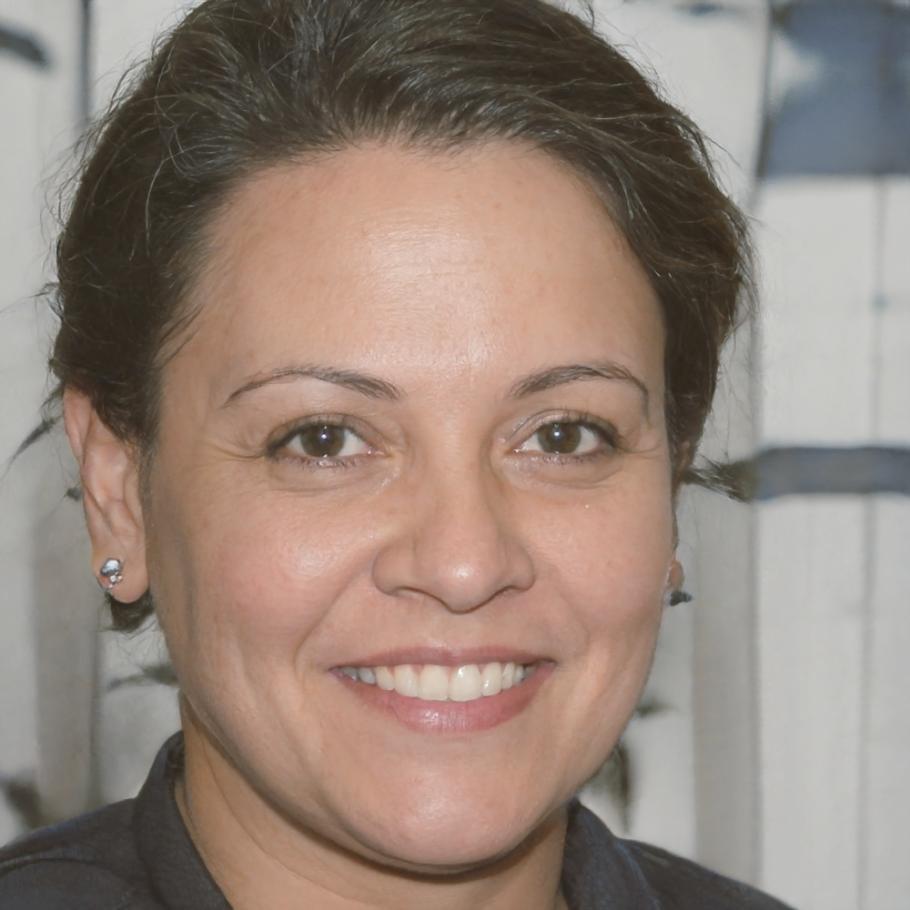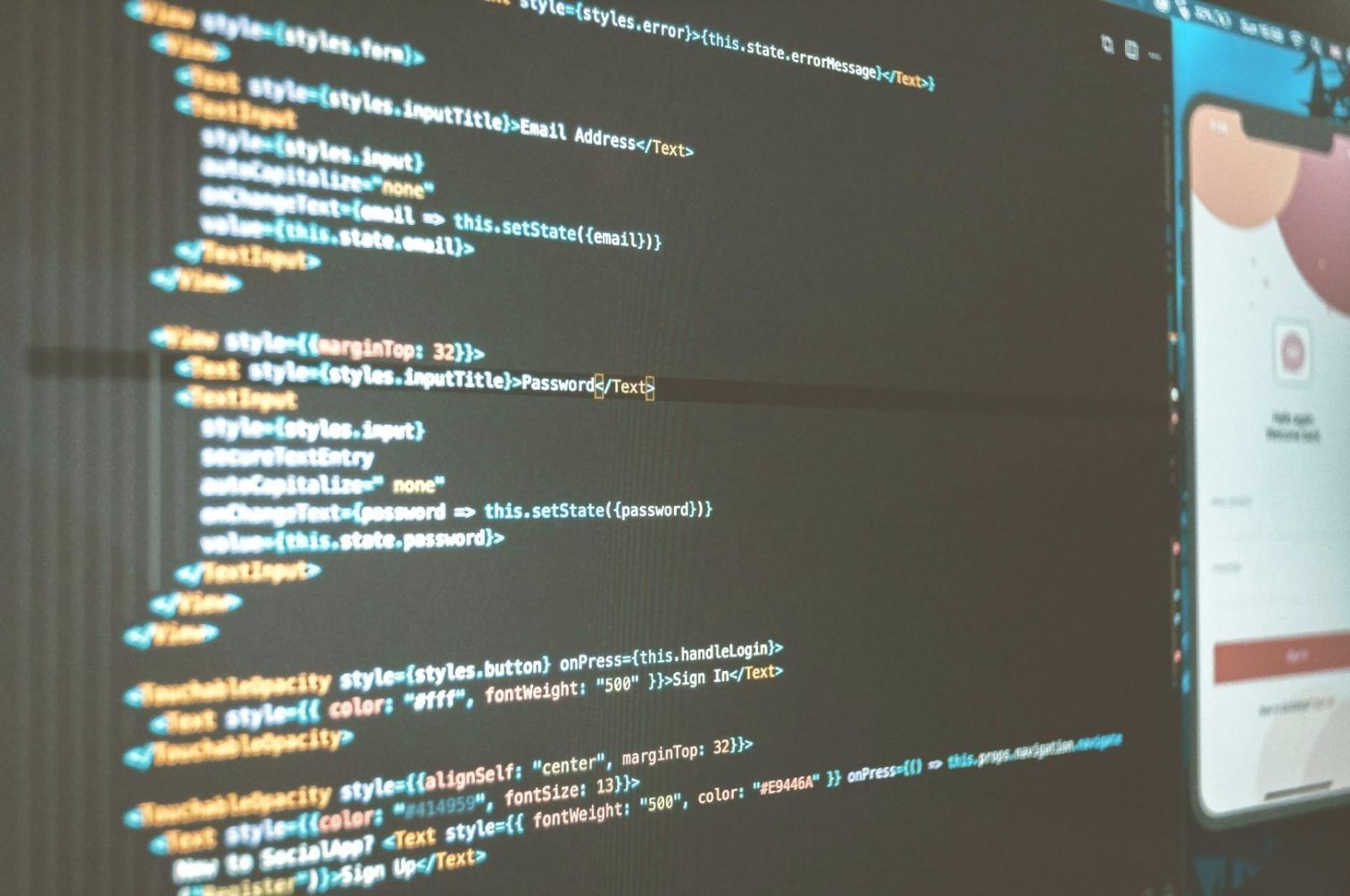Building Mobile Games Through Real Code
We started Flaxmar Xuth because we noticed something odd. People would finish online courses about game development but still couldn't make anything that worked on an actual phone.
So we built a different kind of learning space. One where you write Python that runs on devices, debug actual problems, and gradually build projects you can show people.
How This Started
Back in 2023, a few developers in Tanta kept meeting students who'd watched hundreds of hours of tutorials but froze when faced with a blank project file. They knew syntax but not structure. They could follow along but couldn't build.
The problem wasn't motivation or intelligence. It was that most courses teach concepts in isolation without showing how everything connects when you're making something real.
We spent months figuring out a better sequence. Not easier, just more logical. Start with a tiny working game. Add one feature. See it run. Add another. Each step builds on what actually works rather than what theoretically should work.

What Makes Our Approach Different
We focus on the practical path from beginner to someone who can actually ship a game. No shortcuts, but also no detours into stuff you won't need for months.
Start With Working Code
Every session begins with a game that already runs. You modify it, break it, fix it, then extend it. This builds intuition faster than starting from scratch every time.
Real Device Testing
You'll test on actual phones from week one. Emulators are useful but they hide performance issues and touch interface problems you need to understand early.
Project-Based Progression
Each phase centers on completing a specific type of game. Puzzle mechanics, then action gameplay, then multiplayer systems. Concepts get introduced when you actually need them.
The People Behind The Programs
Our instructors work on commercial game projects and teach part-time. This means the techniques you learn reflect current development practices, not just academic theory.

Tarek Elmahdy
Lead Python Instructor
Tarek spent eight years building mobile games for studios in Cairo before moving to education. He focuses on teaching debugging workflows and optimization techniques that students rarely encounter in standard courses.

Nadia Farouk
Game Design Instructor
Nadia teaches the design and user experience portions of our programs. Her background combines behavioral psychology and practical game design, which helps students understand why certain mechanics work better on mobile.

Our Core Principles
Honest Timelines
Learning game development takes months of consistent work. We structure programs that run from September 2025 through March 2026 because that's how long building real competency actually takes.
Local Context Matters
Operating in Egypt means we understand bandwidth constraints, device limitations, and market preferences for this region. Your projects will work on hardware people actually use here.
No False Promises
We can't guarantee you'll get hired or earn a specific income. We can teach you to build functional mobile games with Python and help you assemble a portfolio worth showing to employers.

Ready To Start Building?
Our next comprehensive program begins in October 2025. Space is limited because we maintain small group sizes for better feedback. If you're interested in learning mobile game development with Python, get in touch now.